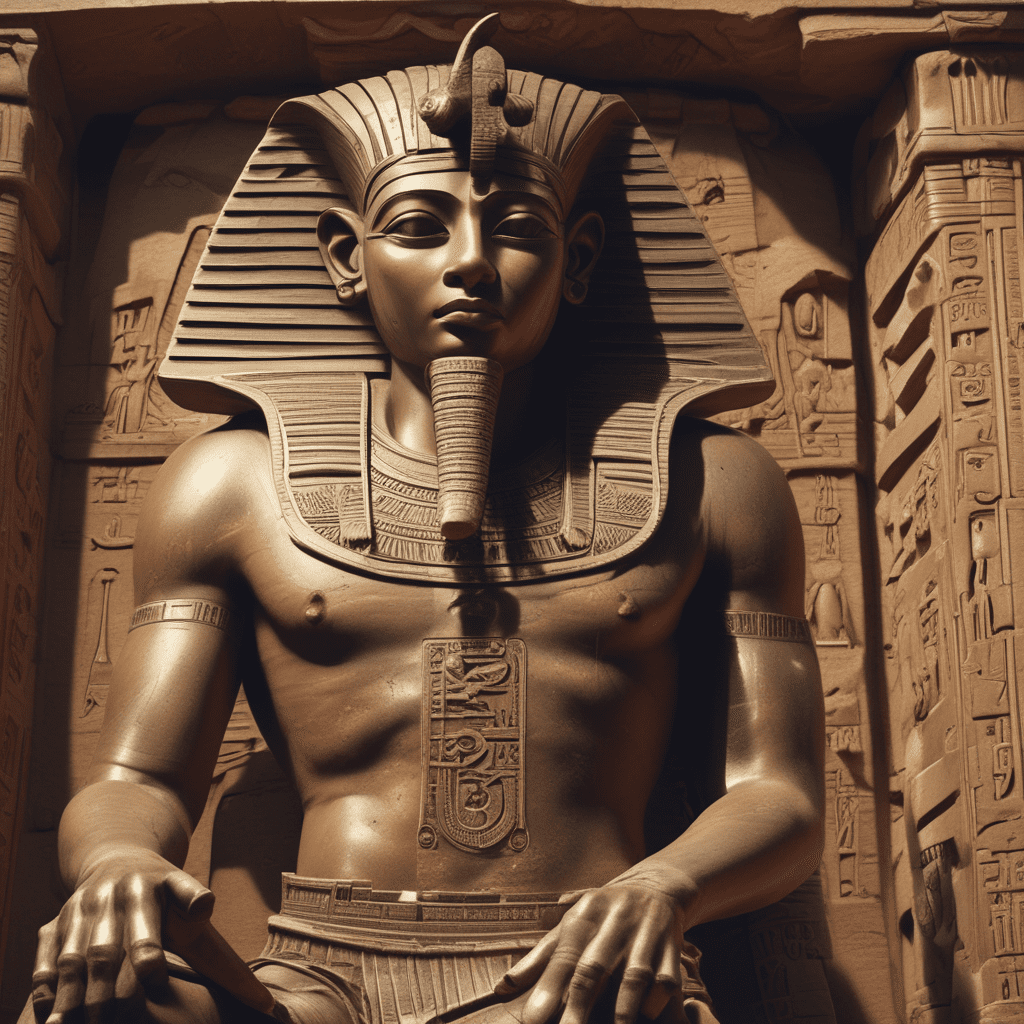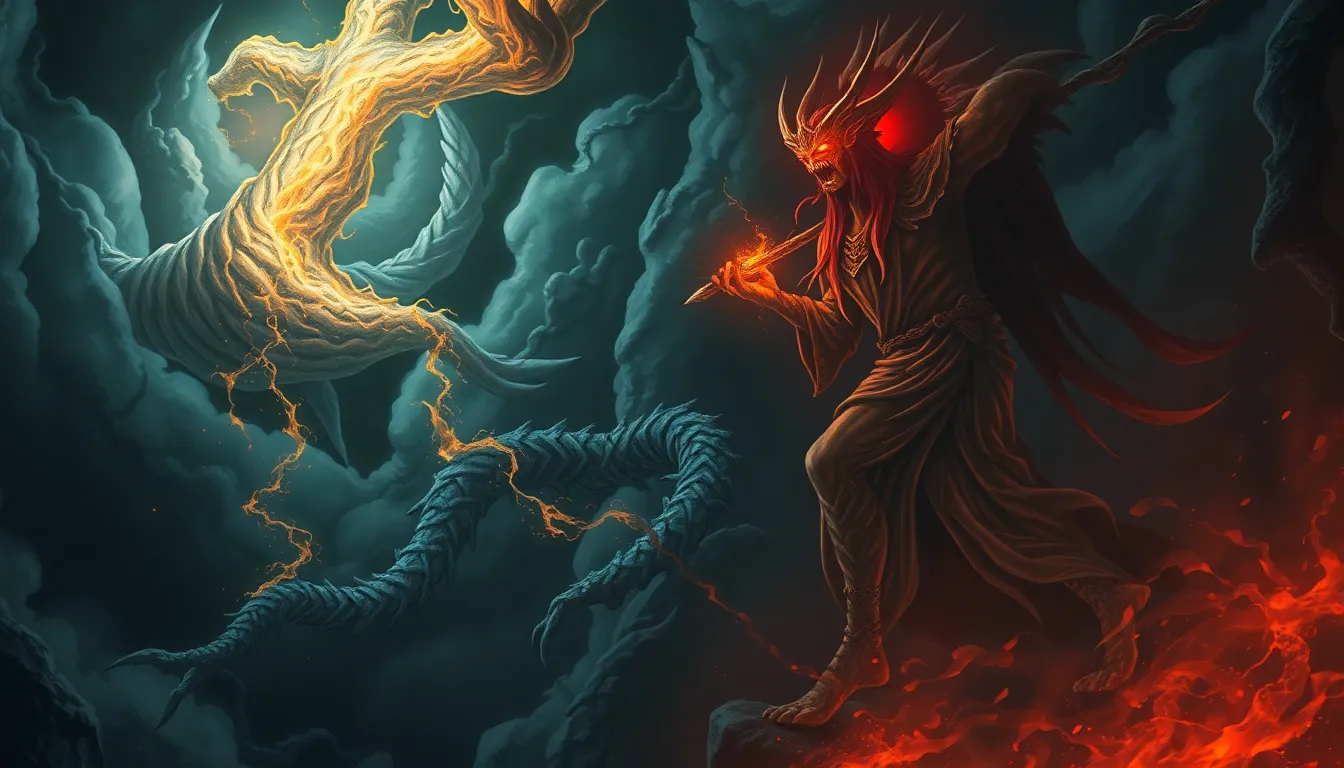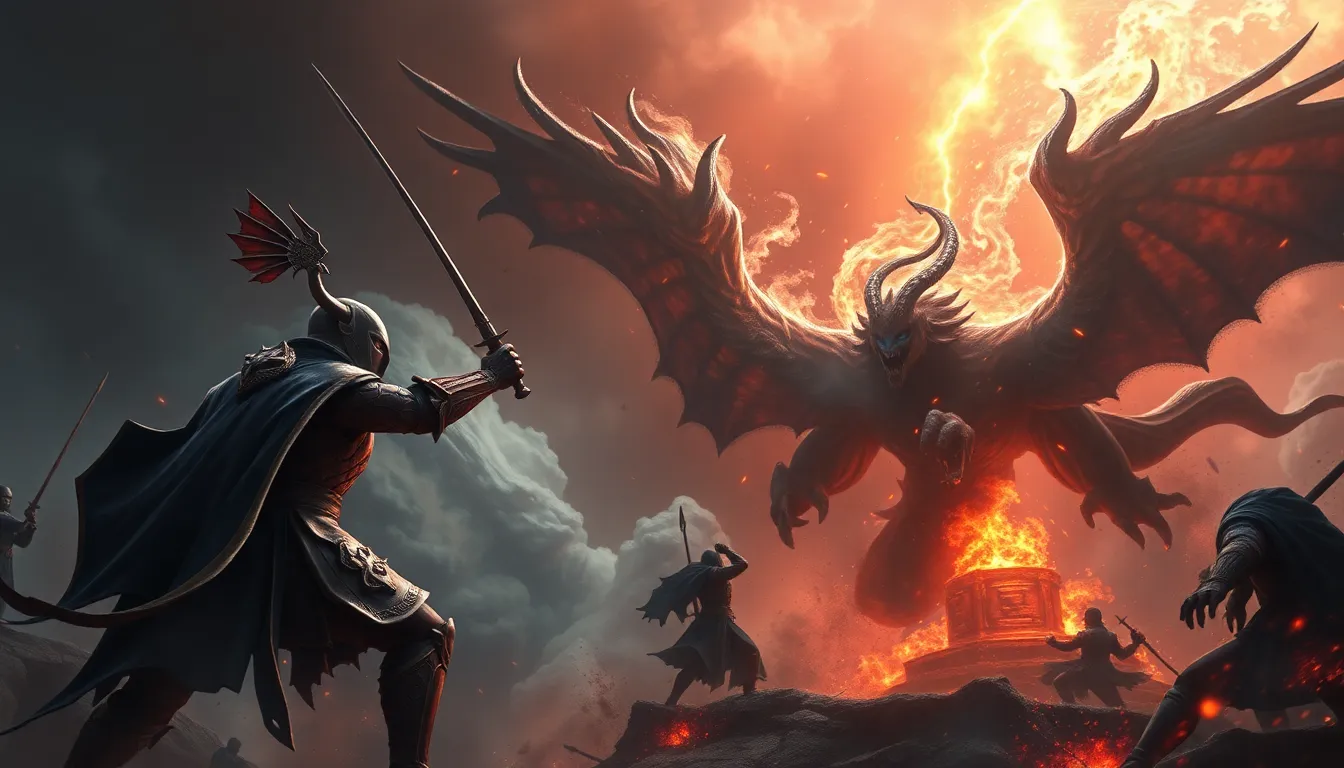The Myth of the God Khonsu in Egyptian Mythology
Khonsu, a significant deity in Egyptian mythology, is often portrayed as the moon god and the son of Amun and Mut. Let’s delve into the myth surrounding this revered figure.
Who is Khonsu in Egyptian Mythology?
Khonsu is commonly depicted as a youthful god with a side-lock of hair symbolizing youth. He is recognized as the deity of the moon, time, and protection. Often revered as a healing and fertility god, Khonsu played a crucial role in ancient Egyptian beliefs.
Khonsu’s Role and Significance
As the moon god, Khonsu was associated with timekeeping, with his cycles mirroring the lunar phases. Egyptians believed that Khonsu’s powers extended to fertility, growth, and the protection of children. In various myths, Khonsu was seen as a compassionate healer, aiding those who were sick or in need.
Mythological Stories Involving Khonsu
One of the well-known tales featuring Khonsu is the myth of his involvement in restoring the health of the pharaoh. According to legend, the king fell ill, and upon communication with Khonsu, the god provided a solution for his recovery, showcasing Khonsu’s role as a deity associated with healing and well-being.
The myths surrounding Khonsu also highlight his protective nature, with many believing he safeguarded travelers and those in peril during their journeys. Some stories depict Khonsu as a warrior god, fiercely defending the people against malevolent forces.
Overall, Khonsu holds a vital place in Egyptian mythology, symbolizing not just the moon and time, but also healing, protection, and fertility. The rich stories and legends surrounding Khonsu continue to intrigue and captivate those interested in the ancient Egyptian pantheon.
FAQs About the Myth of the God Khonsu in Egyptian Mythology
Who was Khonsu in Egyptian mythology?
Khonsu was an ancient Egyptian lunar deity, often depicted as a young man with a side-lock of hair symbolizing youth. He was considered the god of the moon, time, and childbirth, associated with healing and protection.
What was Khonsu’s role in Egyptian mythology?
Khonsu was believed to regulate the passage of time and the lunar cycles. As the moon god, he was associated with fertility and played a role in ensuring the successful birth of children. He was also seen as a protector and a healer.
What symbols were associated with Khonsu?
Khonsu was often represented holding the ankh, the symbol of life, and the was scepter, a symbol of power and dominion. He was also associated with the crescent moon and sometimes depicted with the Eye of Horus.
Which ancient Egyptian gods were Khonsu related to?
Khonsu was considered the son of the god Amun and the goddess Mut, forming the Theban Triad along with his parents. He was also connected to Thoth, the god of wisdom, due to their shared association with writing and measurement.
What temples were dedicated to Khonsu?
One of the most


